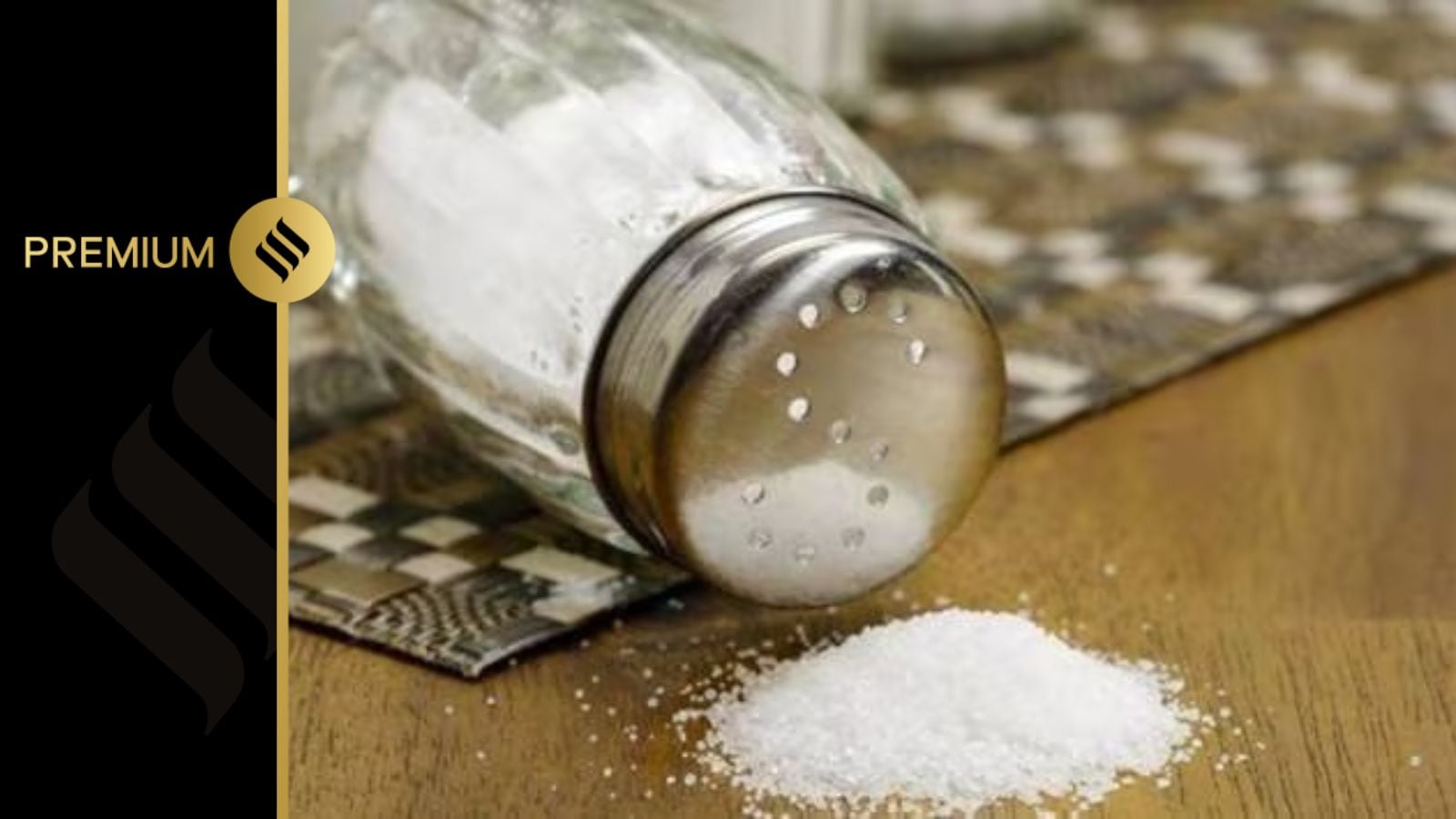Salt of the Earth, or a Health Hazard? India's Love Affair with Salt and the Rising Public Health Costs
2025-07-26

The Indian Express
India's relationship with salt is deeply ingrained in its culture and cuisine. But this love affair comes at a significant cost. With salt consumption routinely exceeding the World Health Organization's recommended 5 grams per day, a concerning trend is emerging. This article delves into the historical and cultural reasons behind India's high salt intake, explores the role of ultra-processed foods, and examines the growing public health implications.
A Cultural Staple: The History of Salt in Indian Cuisine
For centuries, salt has been more than just a seasoning in India; it's been a symbol of purity, preservation, and even prosperity. From ancient trade routes where salt was a valuable commodity to its integral role in traditional cooking methods, salt has woven itself into the fabric of Indian society. Food historians trace the use of salt back to ancient Ayurvedic practices, where it was believed to possess medicinal properties. The availability of salt, often sourced from coastal regions or inland salt pans, further solidified its importance in everyday life. Traditional Indian cuisine, with its complex layering of flavours, relies heavily on salt to enhance and balance the other ingredients. The preservation of food, particularly in regions without refrigeration, has also historically depended on salt, reinforcing its cultural significance.
The Modern Shift: Ultra-Processed Foods and Rising Consumption
While traditional salt usage was often controlled and integrated into home cooking, the modern food landscape has drastically altered the situation. The proliferation of ultra-processed foods – instant noodles, packaged snacks, ready-to-eat meals, and processed meats – has led to a dramatic increase in salt consumption. These foods are often manufactured with significantly higher levels of salt than traditional dishes, designed to enhance palatability and extend shelf life. Epidemiologists and researchers point to this as the primary culprit behind the alarming rise in excessive salt intake. The convenience and affordability of these processed foods have made them increasingly popular, particularly in urban areas, further exacerbating the problem.
The Public Health Toll: Risks and Consequences
The consequences of excessive salt consumption are far-reaching and pose a serious threat to public health. High salt intake is a major contributor to hypertension (high blood pressure), a leading risk factor for cardiovascular diseases, stroke, and kidney failure. India already faces a significant burden of these diseases, and the high prevalence of excessive salt intake is only compounding the problem. Researchers estimate that reducing salt consumption could significantly decrease the incidence of these life-threatening conditions, saving countless lives and reducing the strain on the healthcare system. The impact is particularly concerning for vulnerable populations, including children and those with pre-existing health conditions.
Addressing the Challenge: Solutions and Recommendations
Combating this public health crisis requires a multi-faceted approach. Raising public awareness about the dangers of excessive salt consumption is crucial. Clear and informative food labeling, highlighting the salt content of processed foods, can empower consumers to make healthier choices. Furthermore, advocating for policies that limit salt levels in processed foods and promote healthier food options is essential. Collaboration between government agencies, food manufacturers, healthcare professionals, and consumers is vital to creating a sustainable and healthy food environment. Encouraging the revival of traditional cooking methods, which often use less salt, can also contribute to a reduction in overall intake. Ultimately, shifting the cultural perception of salt from a universally desired flavour enhancer to a substance that should be consumed in moderation is key to safeguarding public health in India.






